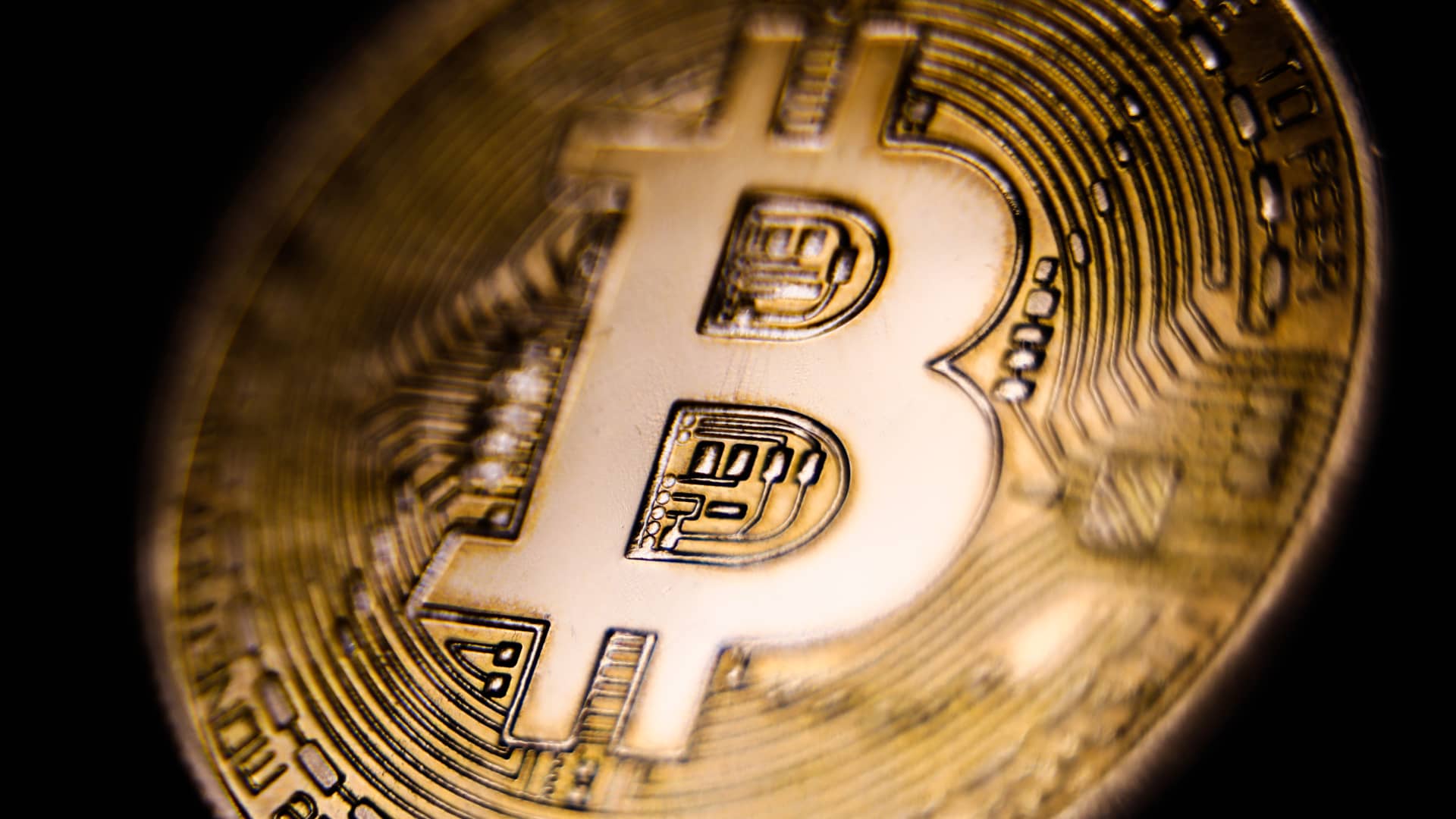Bitcoin is off nearly 55% from its November peak, and 40% of holders are now underwater on their investments, according to new data from Glassnode.
That percentage is even higher when you isolate for the short-term holders who got skin in the game in the last six months when the price of bitcoin peaked at around $69,000.
In the last month alone, 15.5% of all bitcoin wallets fell into an unrealized loss, as the world’s most popular cryptocurrency plunged to the $31,000 level, tracking tech stocks lower. Bitcoin’s close correlation to the Nasdaq challenges the argument that the cryptocurrency functions as an inflation hedge.
Analysts from Glassnode also noted an influx of “urgent transactions” amid this latest sell-off, in which investors paid higher fees, indicating they were willing to pay a premium, in order to expedite transaction times.
Most wallet cohorts, “from shrimp to whales,” have softened in their on-chain accumulation trends, according to the report, referring to both small-scale and large-scale investors.
Wallets with balances of more than 10,000 bitcoin have been a particularly significant distributive force over the last few weeks.
And while there is more conviction among retail investors — data shows that those holding less than 1 bitcoin are the strongest accumulators — the accumulation among these smaller-scale holders is notably weaker than it was in February and March.
Fundstrat Global Advisors is calling a bottom of around $29,000 a coin, and the firm is now advising clients buy one-to-three month put protection on long positions.
